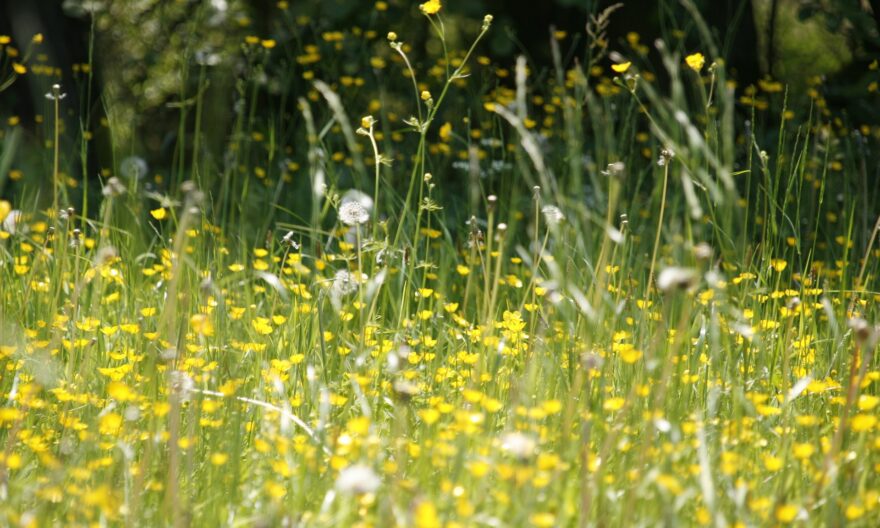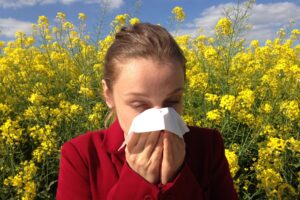
The latest data from the Atlanta Allergy and Asthma physicians practice shows that the pollen count reached the “extremely high” range in some parts of Southern and Eastern US states this week. This is the first time in 30 years that levels have reached that range in early March.
Even in Northern states, pollen counts have been higher than normal. In Washington DC, a high pollen count was recorded a month ago, according to the Washington Post. In the report, chief microbiologist at the US Army Centralized Allergen Extract Lab Susan Kosisky said that this was the highest recorded pollen count on record at 487 grains per cubic meter of air.
After unusually warm weather in early spring, pollen has risen earlier than usual, but this isn’t an isolated incident and researchers say that longer allergy seasons could become the norm.
In a CNN interview, Lauren Casey, a meteorologist with Climate Central said: “Because of climate change, we’re now seeing an earlier and longer growing season for plants, which of course make pollen, which is the enemy of many Americans that suffer from pollen allergies – and mould allergies as well. Pollen can also trigger an asthma attack, which of course is much more serious for people that suffer from asthma.”
Reports show that allergy season in the South, Southeast, and Northeast is approximately 14-16 days longer than it was in 1970. In Western US states, it’s around 27 days longer. For the millions of people suffering from conditions like hay fever, this causes additional problems.
As the allergy seasons get longer, it’s important for people to know how to manage their symptoms. Being aware of what the allergy is is also essential to avoid triggers. Some tips for managing the symptoms include:
- Stating indoors when plants are releasing the most pollen
- Closing windows to minimise exposure
- Changing A/C air filters more often to remove allergens
- Consider anti-allergy medications like antihistamines or steroid nasal sprays
- Check pollen counts each day so you can be prepared



